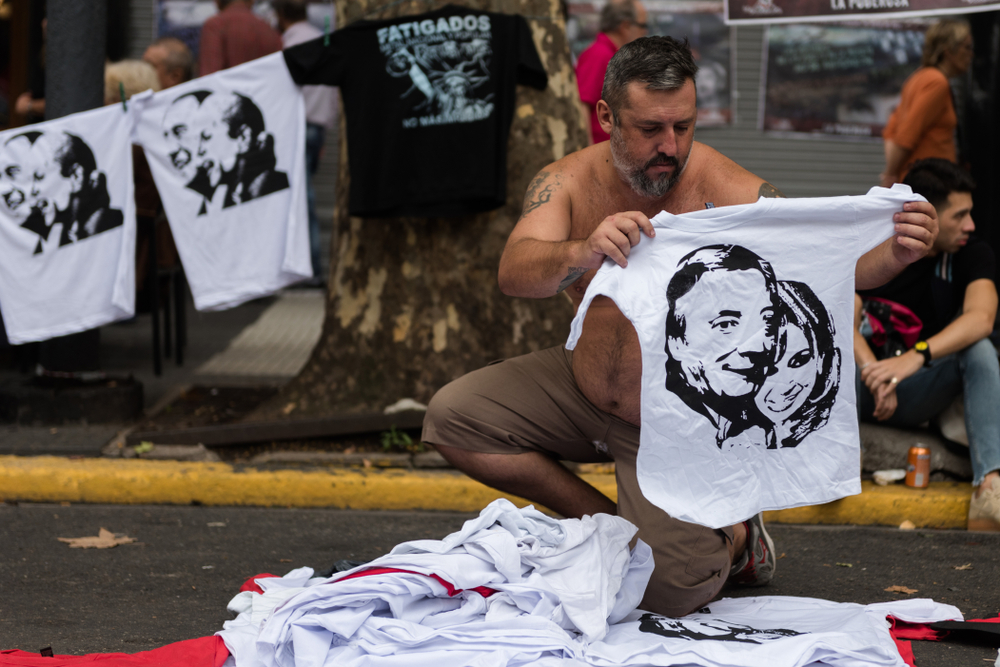Peronism in the news again in Argentina. Its electoral collapse has been followed by some very public infighting as the country struggles to find answers to its continued economic crises.
But much international reporting on Peronism tends to lead to confusion among readers, as the party does not occupy a discreet place on the left-right political spectrum, confounding easy description.
The Kirchner family, which has dominated the Peronist movement over the last two decades, originates from the party’s left faction. But how can we make sense of the fact that Cristina Fernández de Kirchner, after forcing cabinet changes on the more centrist Alberto Fernández, ended up pushing the conservative right-winger Juan Manzur for Cabinet Chief?
Or how does the adherence of Carlos Menem’s Peronist government to a hard neoliberal recipe in the 1990s fit with the Kirchners’ more social and interventionist views in recent times?
What exactly did Juan Domingo Perón himself – who alternately courted and fought everyone from the US to local socialists and anarchists – actually believe? And what about all those exiled Nazis?
The birth of Peronism
In the early 1940s, the Second World War dominated elite concerns in Argentina, with most looking to the UK, France, or the US. Many on the left, meanwhile, sympathized with the Soviet Union. But the country’s Armed Forces were split — especially the Prussian-inspired Army, which had maintained a strong relationship with Germany since well before the Nazi era.
When the Army – in which Perón was a colonel – rebelled against attempts to push Argentina into joining the Allies in 1943, Perón eyed a perfect political opportunity. He knew that World War II was at the bottom of the average Argentinian’s priority list. The country had undergone 13 years of corrupt and undemocratic governments, with unions and workers’ rights suppressed, and poverty rampant in the aftermath of the 1929 crash.
Perón took the erstwhile little-known Labor Secretariat position (equivalent to the Labor Ministry) after a military rebellion in 1943, and upended the relationship between the state and the working class. For the first time in the country’s history, conflicts were settled in favor of unions rather than the bosses, and Perón quickly...


 Search
Search






































